The Midwest and Northeast have their own unique dialects that can massively vary between states and cities. “You betcha” might be a normal part of a Minnesotan’s vocabulary, but it’s likely to leave a southerner baffled.
“You Betcha”

“You betcha” is a common saying in the Midwest, especially in Minnesota and North Dakota, and conveys approval or enthusiasm about something. Most southerners wouldn’t have heard the term until they watched Fargo and got exposed to the unique dialect of the Midwest.
“Ope”

People from the Midwest used this versatile exclamation when bumping into someone or making a mistake. Chicago Magazine notes that it’s “less of a word, and more of a reflex” that can communicate “excitement, awkwardness, or surprise.” It’s also common in Britain, but most southerners don’t use it.
“J’eet?”
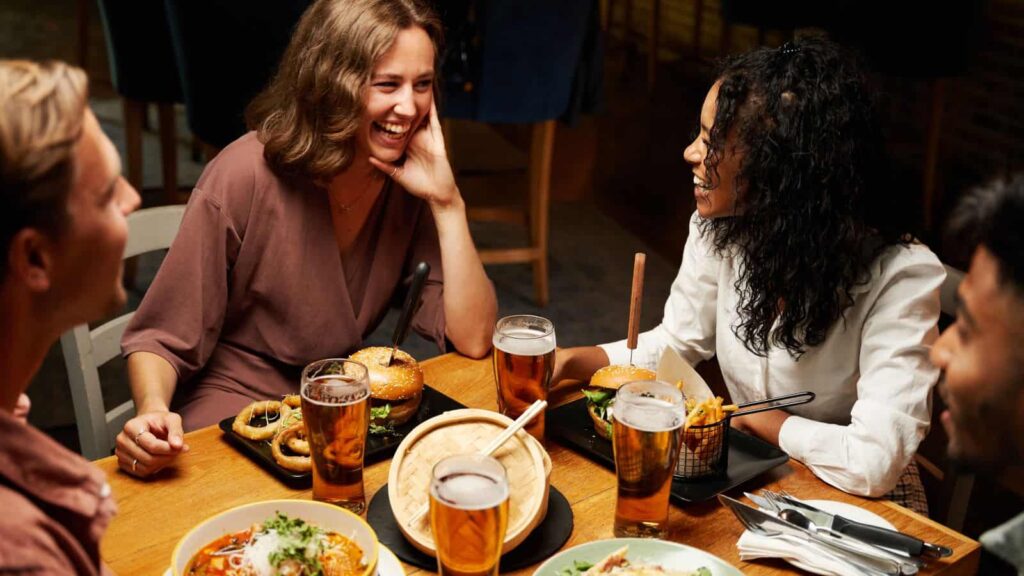
Asking someone “J’eet yet?” in northern cities like Baltimore and Philadelphia is a standard casual greeting around mealtimes. The term demonstrates the clipped, fast-paced speech of the North which often surprises southerners.
“The Lake”
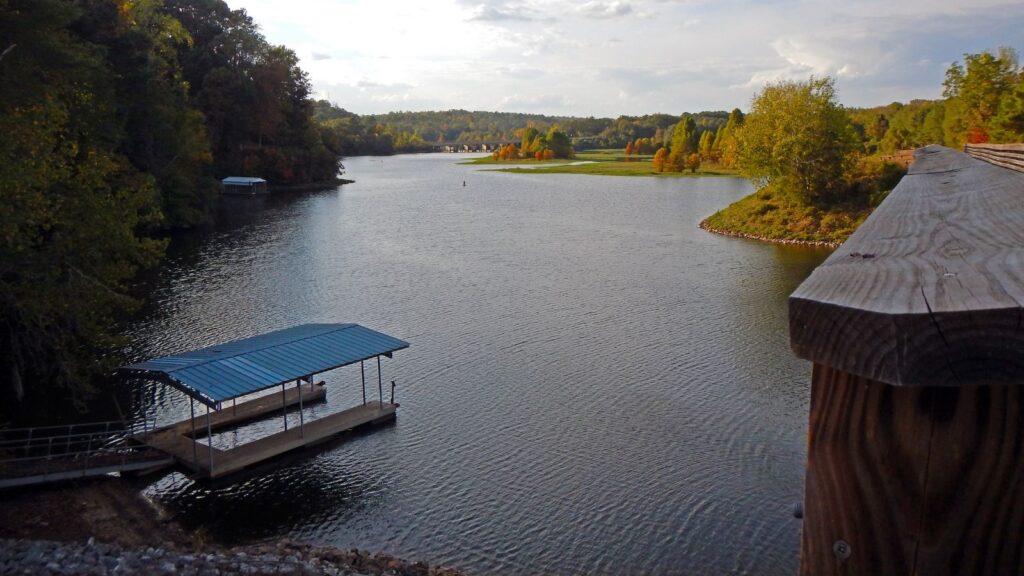
Northerners in the Midwest often refer to their nearest Great Lake as “the lake.” Lakes Erie, Superior, and Michigan play important roles in the recreation and lifestyle of the Midwest, but asking a southerner about “the lake” is likely to result in confusion.
“Hotdish”

“Hotdish” is a staple of Minnesotan cuisine. It consists of a mix of cream of mushroom soup and canned vegetables. Southerners refer to similar dishes as casseroles, but they are staple foods in both regions.
“Sneakers”
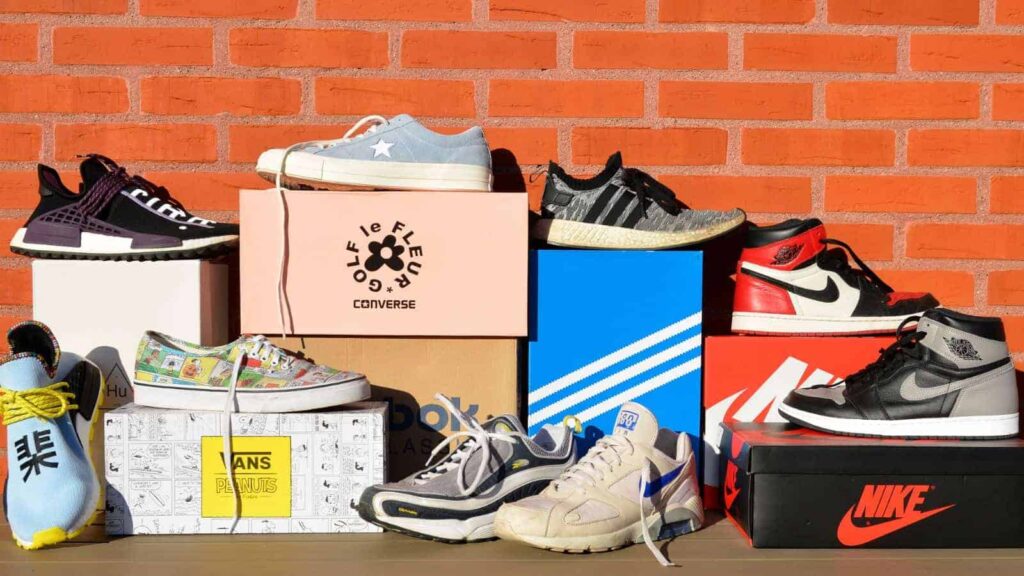
“Sneakers” is the standard term in the Northeast and much of America for casual sports shoes made by Adidas, Converse, Nike, and other brands. Southerners are more likely to call them tennis shoes.
“Bubbler”
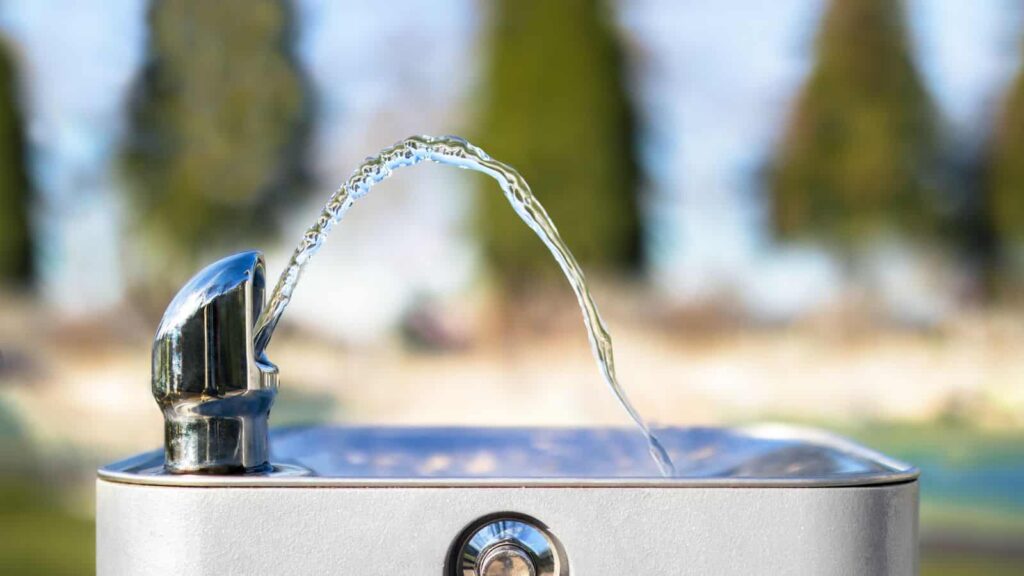
Those from Wisconsin have a unique name for water fountains: “bubblers.” The Milwaukee Journal Sentinel explains that by the early 1960s, decades after the term had appeared, “news reports highlighted the fact that calling a bubbler a bubbler was the sure sign of being a Milwaukeean.” Southerners hearing the term are more likely to think of a bubble bath than a water fountain.
“Yinz”

“Yinz” is Pittsburgh’s version of a southerner’s “y’all.” The phrase is also used throughout Appalachia, derived from the Scots-Irish “yous ones,” and baffles southerners and northerners alike.
“No, yeah”

“No, yeah” is a common phrase used in the Midwest to say “yes,” but it can be confusing to Southerners despite their shared polite conversational styles. Other northerners tend to use more straightforward language.
“Pop”
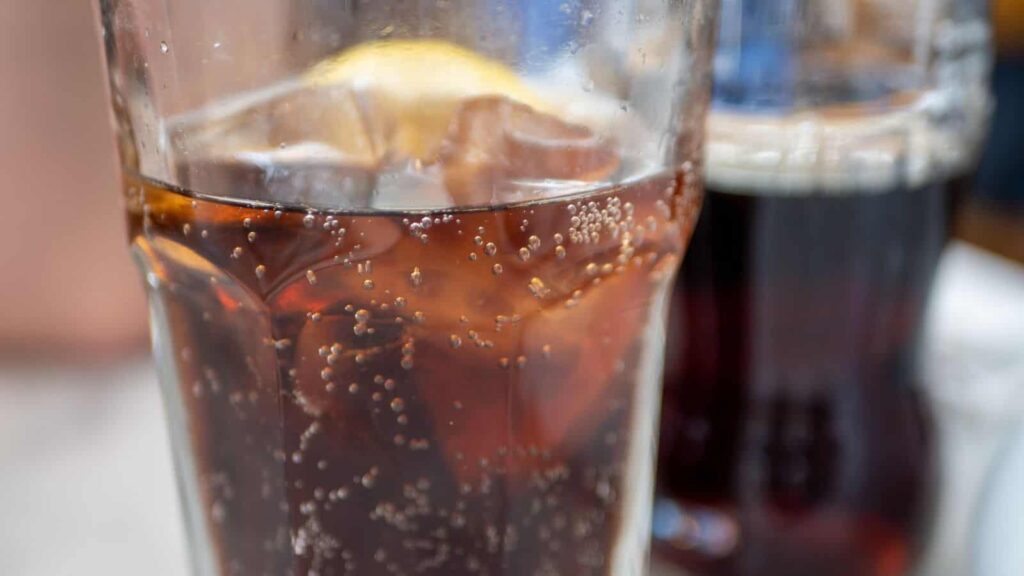
Southerners almost always refer to soda as “Coke,” regardless of what brand the drink is, and aren’t used to hearing “pop.” The Dickinson Press argues that Minnesotans prefer “pop” to soda or coke because it’s “catchy and short, just the way we like it.”
“Sqewjawed”

Marylanders might describe something that’s askew or awry as “sqewjawed,” which can be confusing to southerners. However, the term isn’t quite as unusual as “cattywampus,” which is common in the South.
“Devil’s Night”
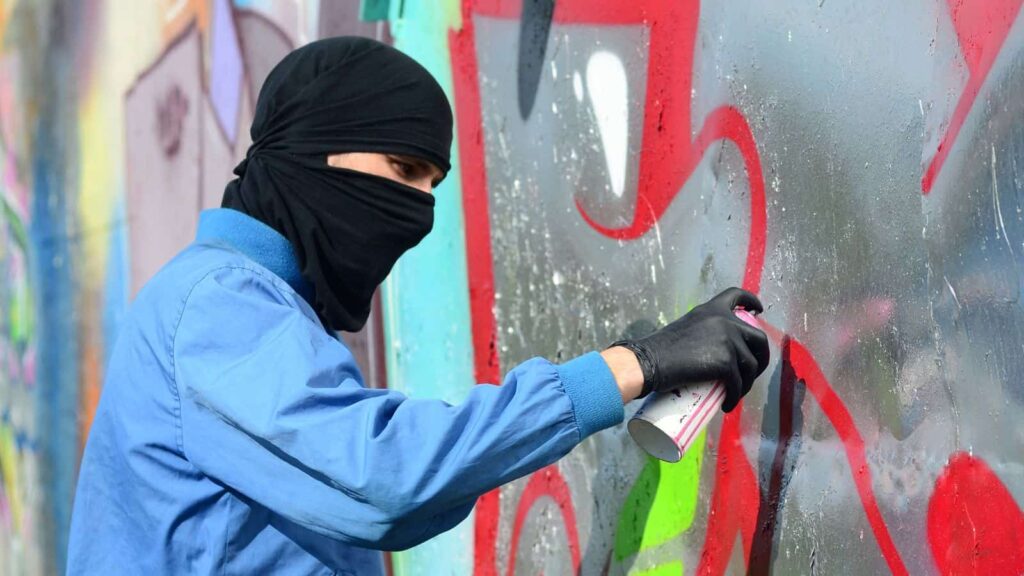
“Devil’s Night” is the night before Halloween. The term is particularly prevalent in Michigan, and the event is known for mischief, with traditions like minor vandalism and pranks, but most southerners haven’t heard of it.
“Wicked”

Southerners associate the term “wicked” with evil or witches, but it has a different meaning in New England. Merriam-Webster explains that “New Englanders famously use it as an intensifying adverb meaning ‘to an extreme or impressive degree,'” similar to “very.”
“Doorwall”
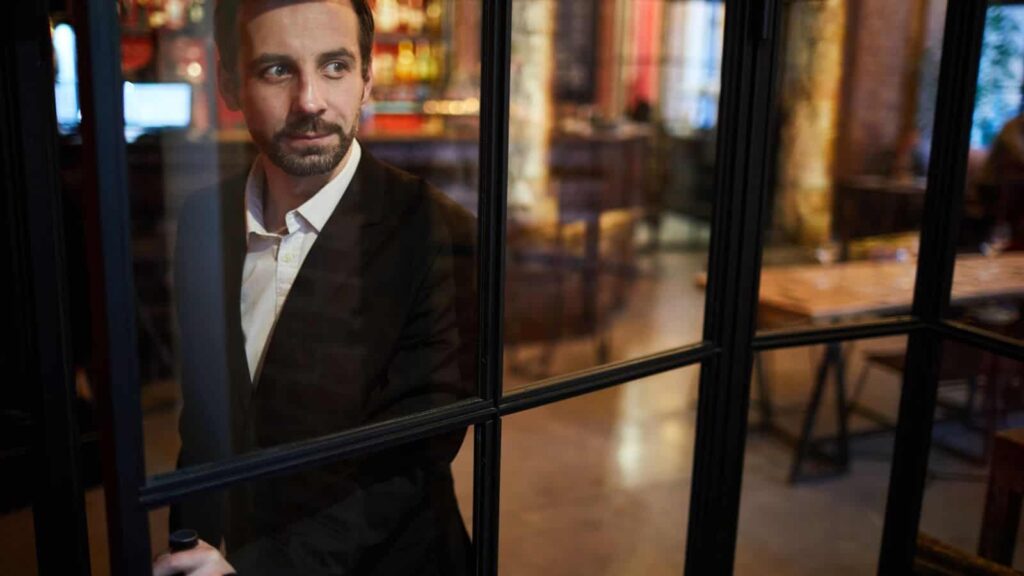
A “doorwall” is a sliding glass door that typically leads to a backyard or deck. It’s a common term in Michigan, but southerners hearing the term are likely to be baffled and would simply call it a sliding door.
“Spa”
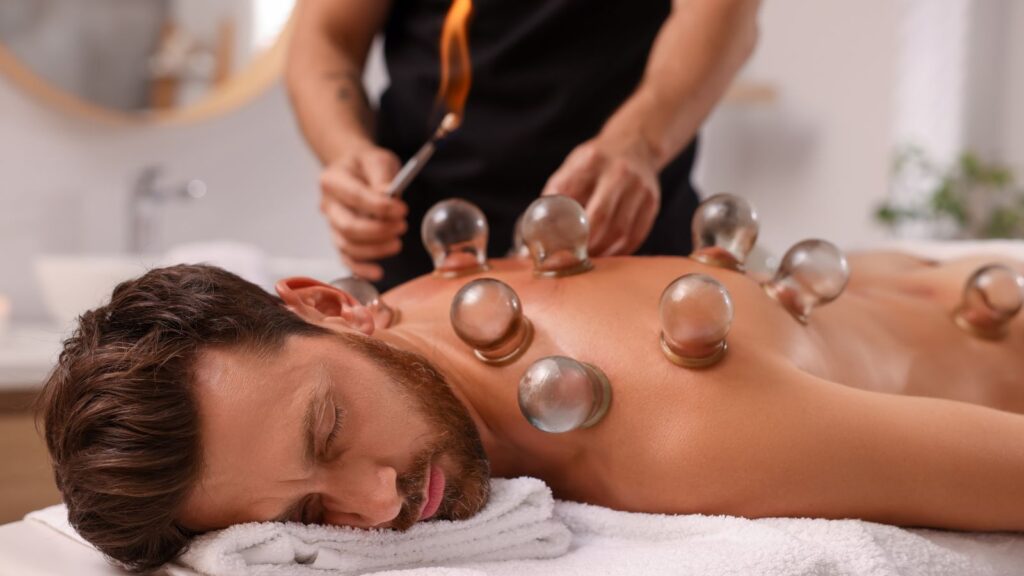
In some places in New England, a “spa” refers to a corner store or deli and is a unique part of the local dialect. It can be particularly confusing to southerners, who associate the term with a relaxation and treatment facility.
“Packie”
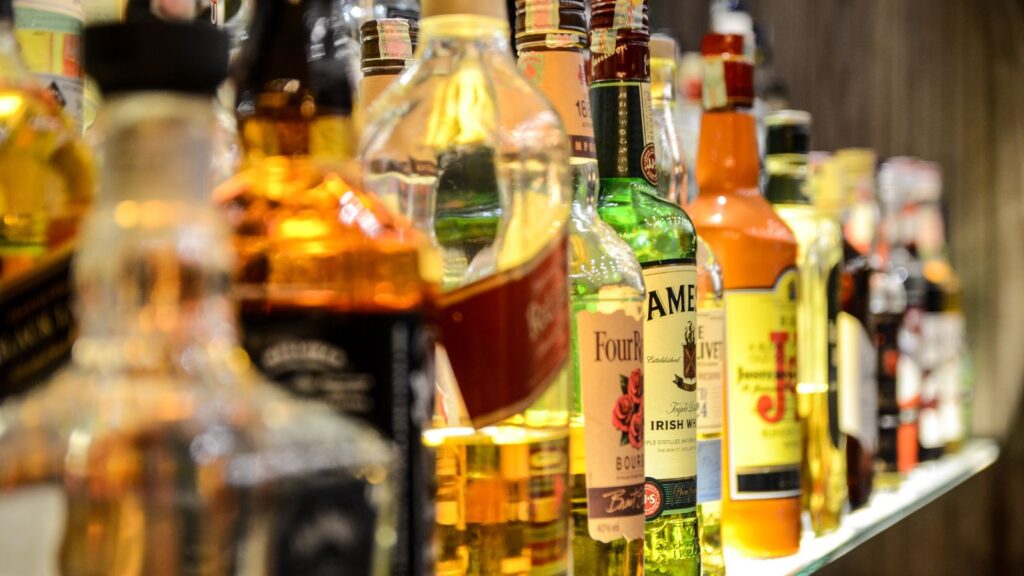
“Packie” is short for “package store,” which some New Englanders call a liquor store. This regional term can baffle other northerners as well as southerners (apart from South Carolinians). Patch.com explains the term comes “from entrepreneurs who found a loophole in liquor laws in the late 1800s and early 1900s.”
“Tag Sale”
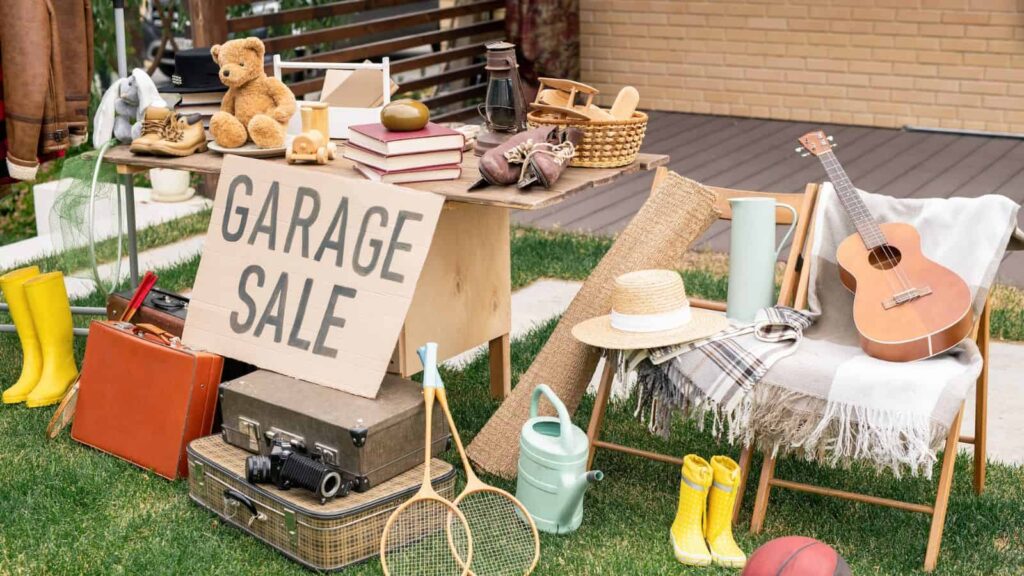
In the Northeast, “tag sales” are sales of used household items, which southerners would call garage or yard sales. Some northerners who haven’t been to Connecticut are unaware of the term and associate it with sales at grocery stores.
“Rotary”
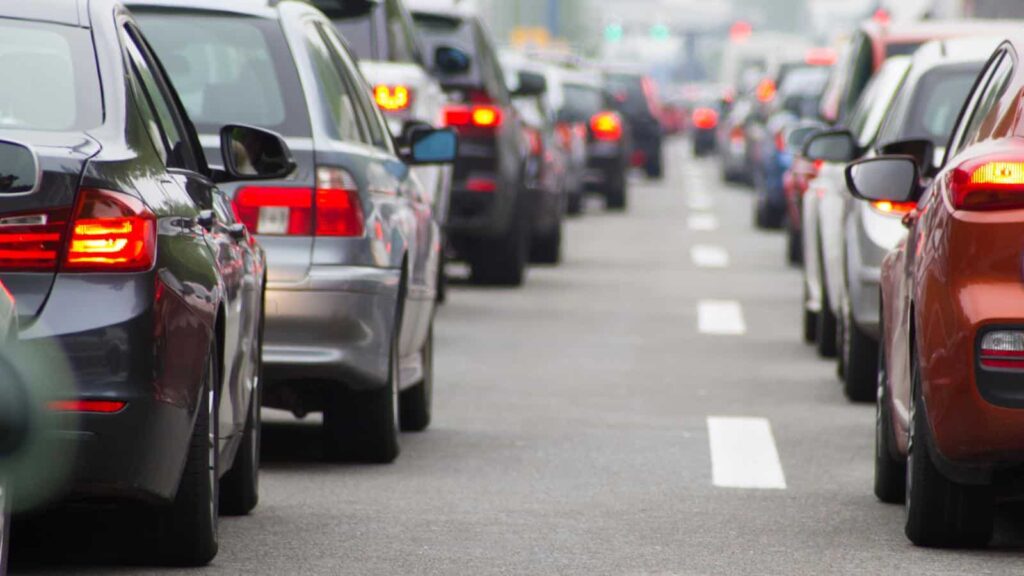
“Rotary” is predominantly used in New England, particularly in Massachusetts, to refer to a roundabout. Southerners are more likely to call the intersections a “traffic circle” or “roundabout” and are often confused when seeing “rotary” signs when driving in the region.
Up Next: 20 Things Your Boss Is Legally Forbidden to Ask of You

The workplace should be a professional environment free from discrimination and harassment. While employers have the authority to ask questions regarding legal work obligations, there are certain personal boundaries they cannot cross. Whether it’s an invasion of privacy or an unfair request, here are 20 examples of things your boss is legally prohibited from asking of you.
20 Things Your Boss Is Legally Forbidden to Ask of You
18 Things That Say You Are Middle-Class and Not Rich

The difference between the rich and middle class can be confusing, but the two couldn’t be further from each other in reality. In this article, we look at 18 signs that someone is middle class but not at all rich or wealthy.
18 Things That Say You Are Middle-Class and Not Rich
18 Most Dangerous Cities in the World (5 Are in America)

Across the globe, there are many places you don’t want to find yourself because of the crimes waiting to occur. Sometimes, even nature can be cruel to you. This is particularly the case in the following 18 most dangerous cities in the world, five of which are in America!

